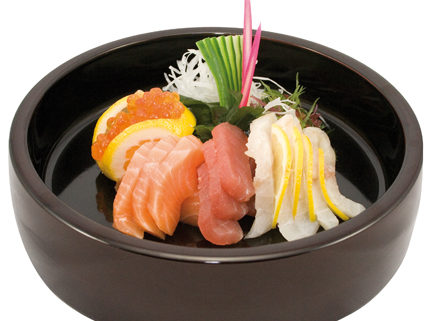FOODS TO AVOID IN PREGNANCY
Many women often feel overwhelmed with the “do’s” and “don’ts” of pregnancy. Don’t eat this! Don’t use that! At times you may want to quarantine yourself just to avoid all the things you’ve heard may harm the baby. The good news is that the list of foods to avoid is relatively short. Most women can follow whatever healthy diet they did before pregnancy. Here are some guidelines to put your mind at ease.
Unpasteurized cheese:
Cheeses made with unpasteurized milk may be contaminated with bacteria called listeria, which causes flu-like symptoms, muscle pain, vomiting, and seizures. If a pregnant women consumes listeria, she risks miscarriage, preterm labor, or stillbirth. Thankfully, listeria contamination is a rare infection. It only infects 2,500 people in the United States a year and can be treated with antibiotics.
The bottom line: Do not eat soft cheeses such as brie, feta, blue cheese, and Mexican cheese unless they are made with pasteurized milk. Hard cheeses and cheeses that are pasteurized are both safe during pregnancy.
Raw meats: Uncooked meats carry the same risks as unpasteurized cheeses. To avoid this, cook all meats to 160 degrees or higher. Raw meats are known to carry taxoplasmosis gondii, a parasitic infection hosted by felines. The cysts from this organism can contaminate raw meat. If you ingest the contaminated meat, you may show no symptoms or it will cause a flu-like sickness with fatigue , muscle aches, and a sore or swollen throat. Sixty percent of the moms who contract the illness will transmit the “growth restricting” infection to their fetus. Complications include: problems with fetal growth, swelling of the fetus, and poor brain development. However, if an infection is detected, the mother can be treated with antibiotics to prevent transmission to the baby.
The bottom line: Avoid exposure in the first place. Stay away from uncooked meats.
Deli meats and hot dogs: Unlike unpasteurized cheese and uncooked meats, deli meats and hot dogs are cooked and then packaged. However, the potential contamination with listeria is before the packaging stage. So to be on the safe side, simply reheat the meat to 160 degrees or higher. Some people are concerned about the presence of nitrites in deli meats and hot dogs which have been implicated in some types of cancer. But the association has not been proven nor has it been linked to both defects.
The bottom line: When it comes to deli meats and hot dogs, just remember to re-heat before eating.
Fish: The primary concern with seafood is the mercury content which can cause nerve damage to a developing fetus. We strongly urge you to avoid fish known for higher mercury levels. These tend to be bigger fish that eat smaller fish and store mercury in their tissues.
Fish to avoid: shark, mackerel, tilefish, and swordfish
According to the FDA the following are fish pregnant women can eat if they limit to 12 ounces a week: shrimp, salmon, pollock, cod, and tuna.
The bottom line: Stay away from fish with medium to high mercury levels. If you’re unsure, check with your doctor first.
Sushi: For years, women in the United States have been told sushi is an absolute no-no during pregnancy. So why is it that other cultures continue to consume it regularly with no problem? Here’s the scoop: no birth defects are related to sushi indigestion. But like we said, any raw foods can contain bacteria or parasites. Risks from parasitic infections from sushi, however, are actually quite rare (40 cases in the U.S. per year).
The bottom line: Avoid sushi made with fish potentially high in mercury. Cooked or vegetarian sushi is safe.
Caffeine: Pregnant women everywhere dread the thought of giving up their daily cup of coffee. But the truth is, caffeine in moderation – less than 200 milligrams per day – is completely okay. Caffeine less than these amounts has not been linked to birth defects or complications. For your caffeine reference: 12-ounce cup of coffee (200 mg), can of coke (35-55 mg), green tea (25 mg), and a chocolate bar (35 mg).
The bottom line: Caffeine in moderation is fine.




Leave a Reply
Want to join the discussion?Feel free to contribute!